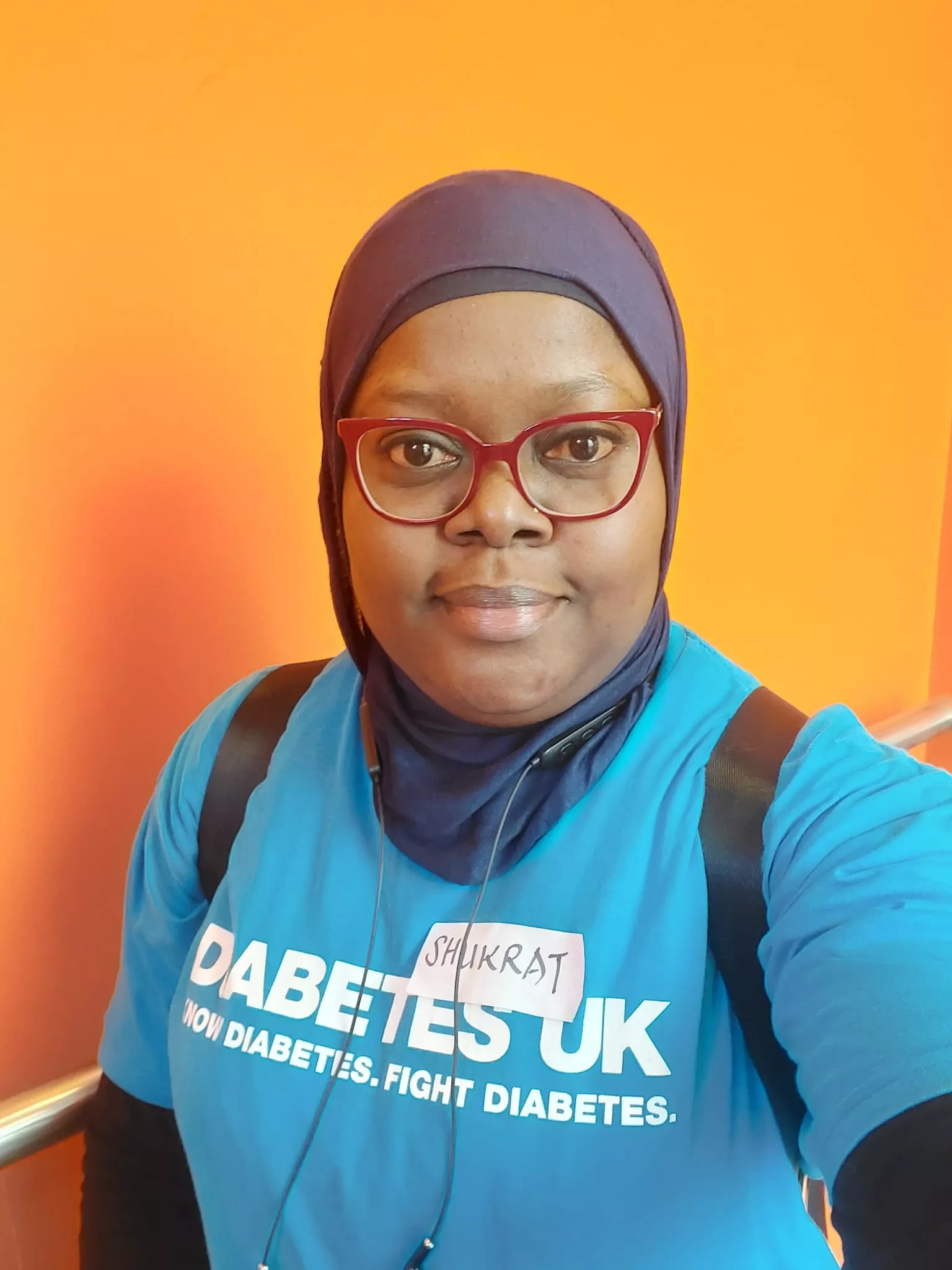
Dr Shukrat Salisu-Olatunji
I make the intention and prepare to fast so that I can experience the month holistically but know that I have to listen to my body.
customer support
customer support

I make the intention and prepare to fast so that I can experience the month holistically but know that I have to listen to my body.